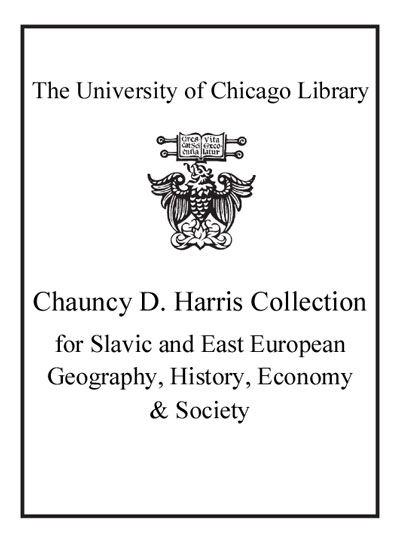| Summary: | Through comparative analysis of the reactions of Kazakhstan's Germans and Koreans to the emergence of an independent Republic of Kazakhstan, this book enhances understanding of firstly, the conflicting dynamics of socio-political integration in post-Soviet space; secondly the role played by kin-states in the creation or negation of return myths; and thirdly, the significance of small-scale homelands in the process of de-and re-territorializing identity. The analysis in this study combines library/archival research with survey and interview data from the late independence period (1996-2002) in an effort to elucidate the interactive nature of place, power, and identity.
|
|---|

